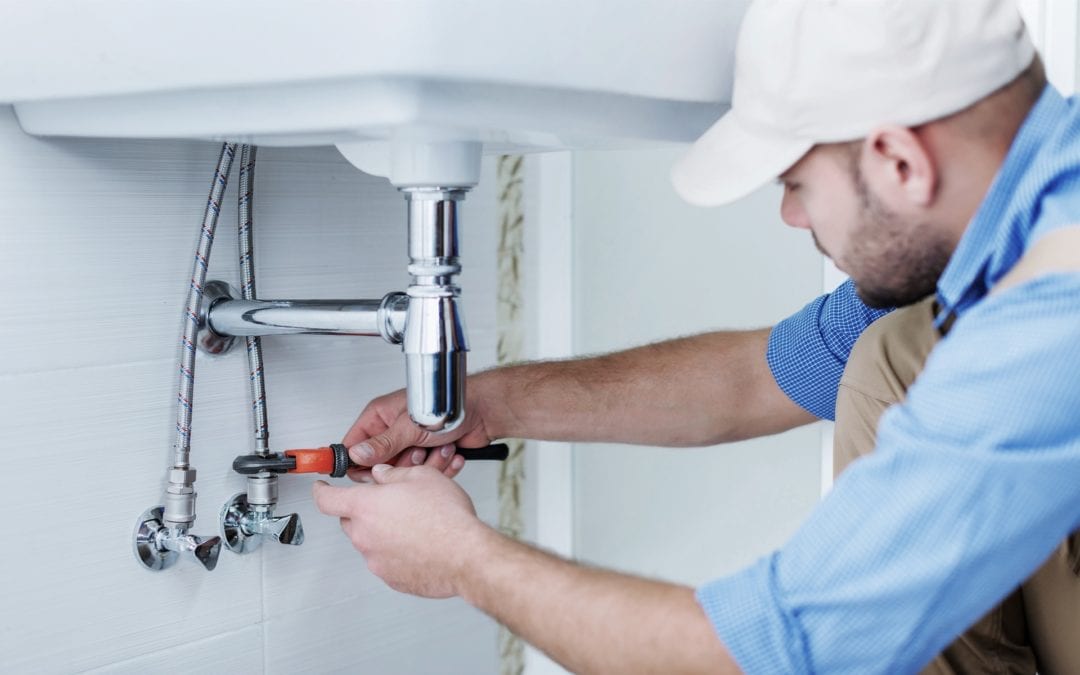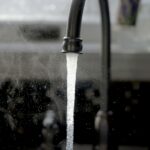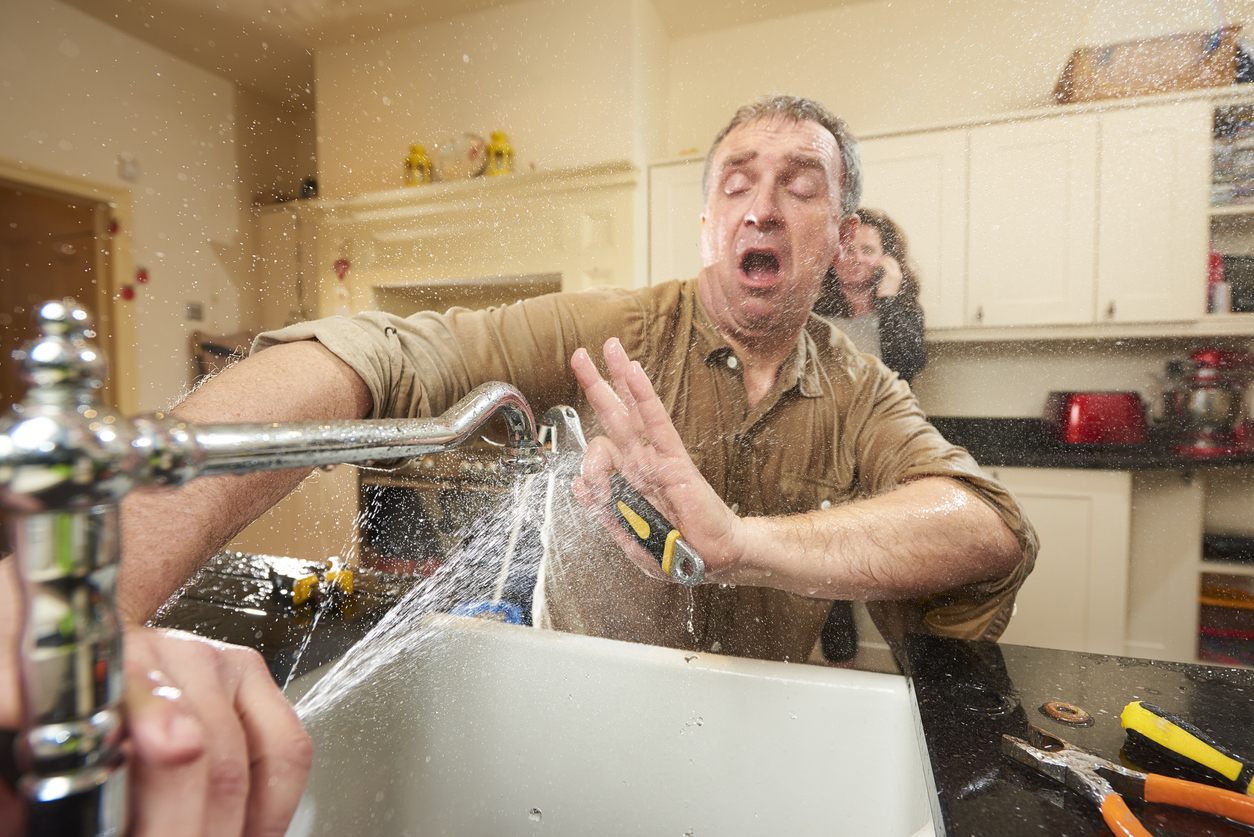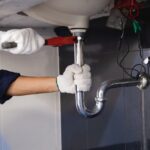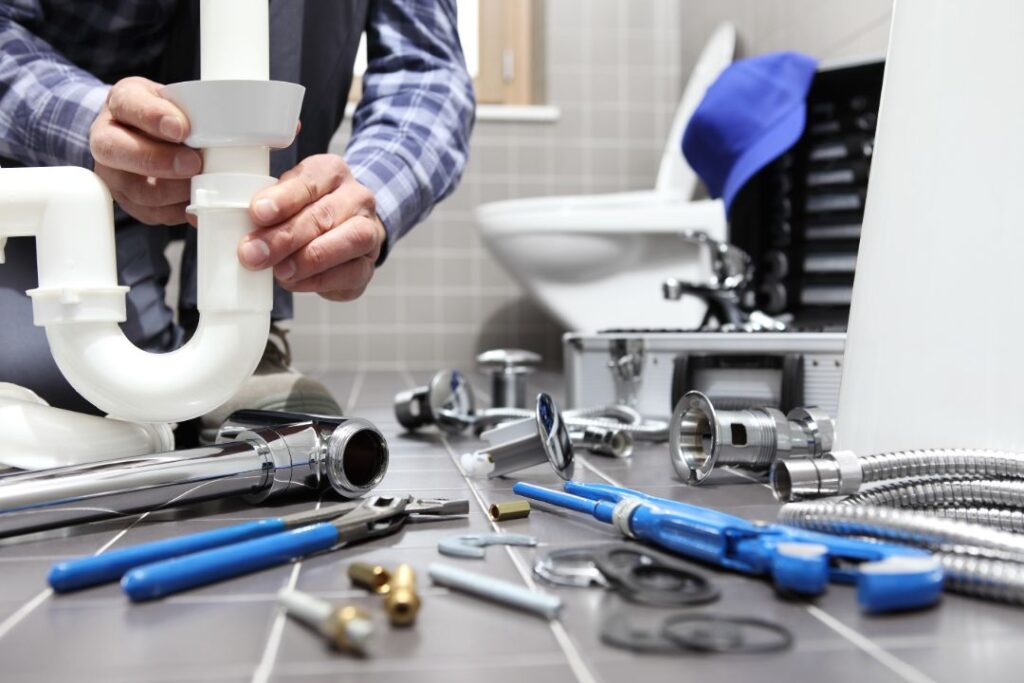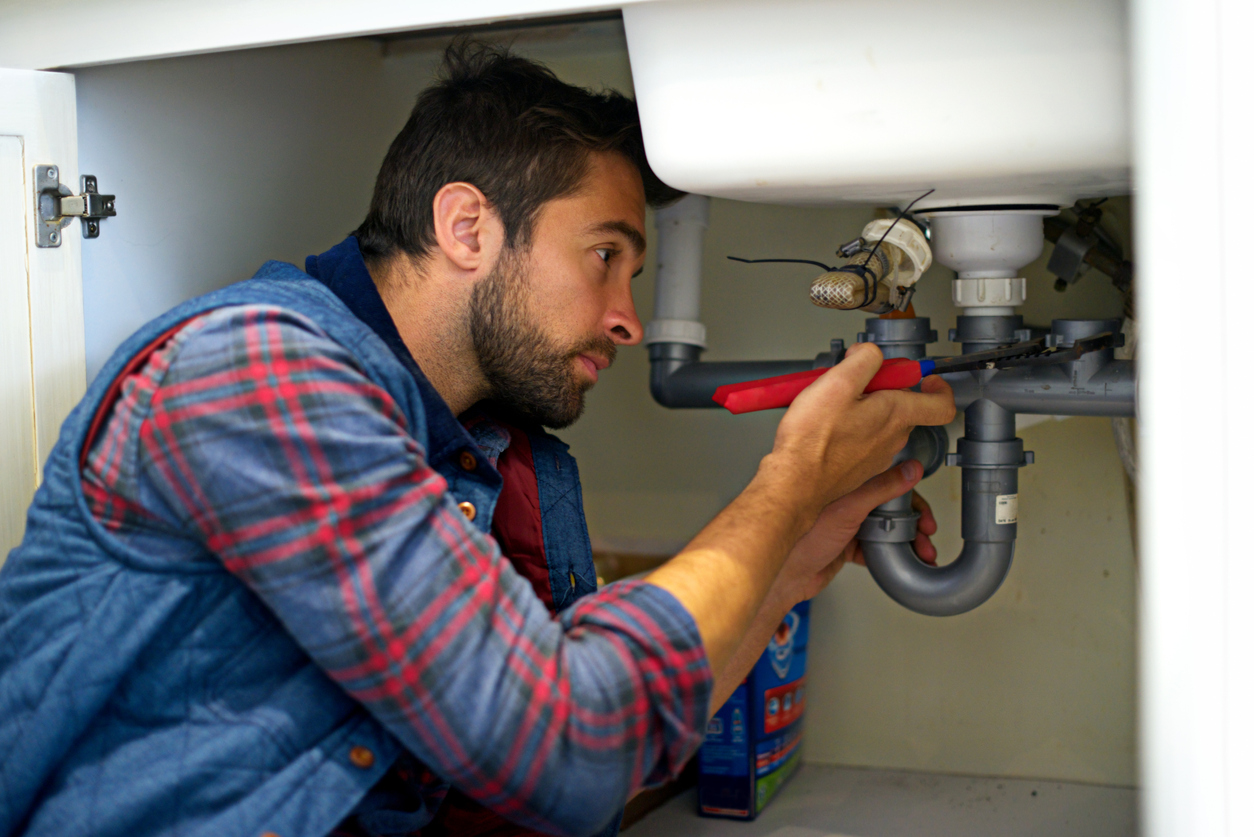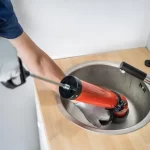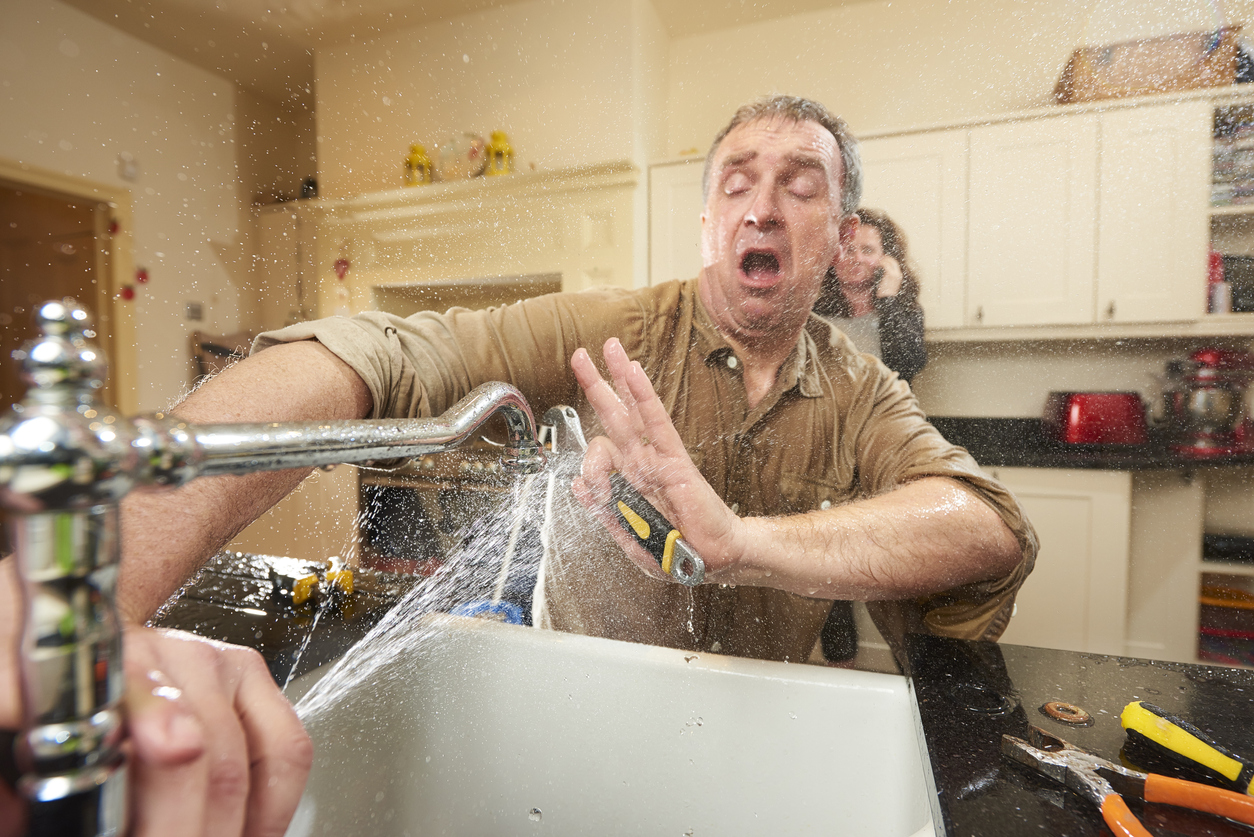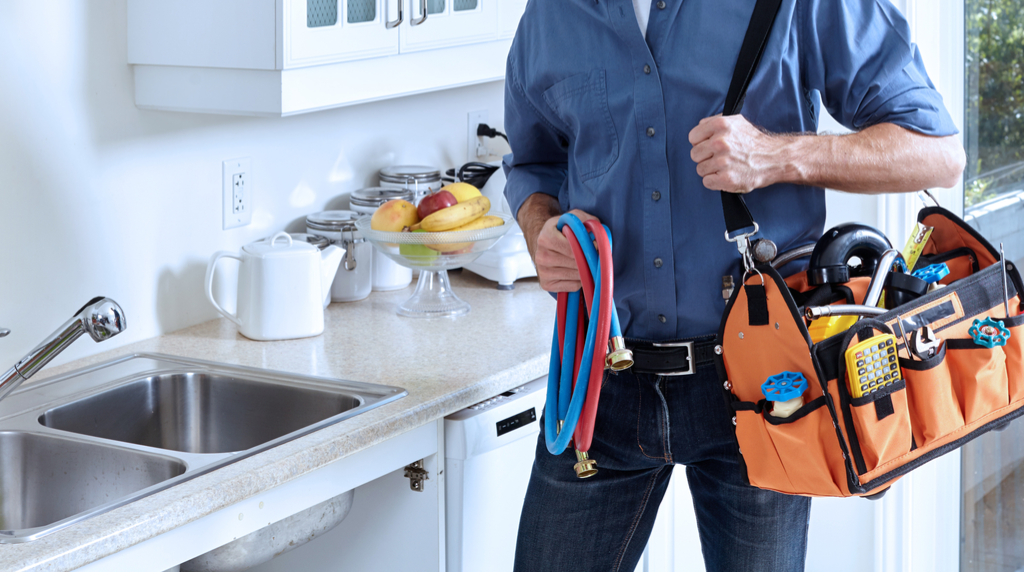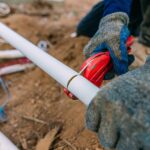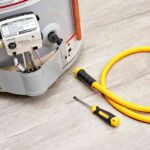What Plumbers Don’t Tell You
Anyone can likely safely bet that plumbing companies have some interesting stories to tell about their work. But as the pros of Calgary Plumber & Drains will tell you, these hardworking service providers also have their work secrets. Below are some of those trade secrets, things your plumber will typically not tell you.
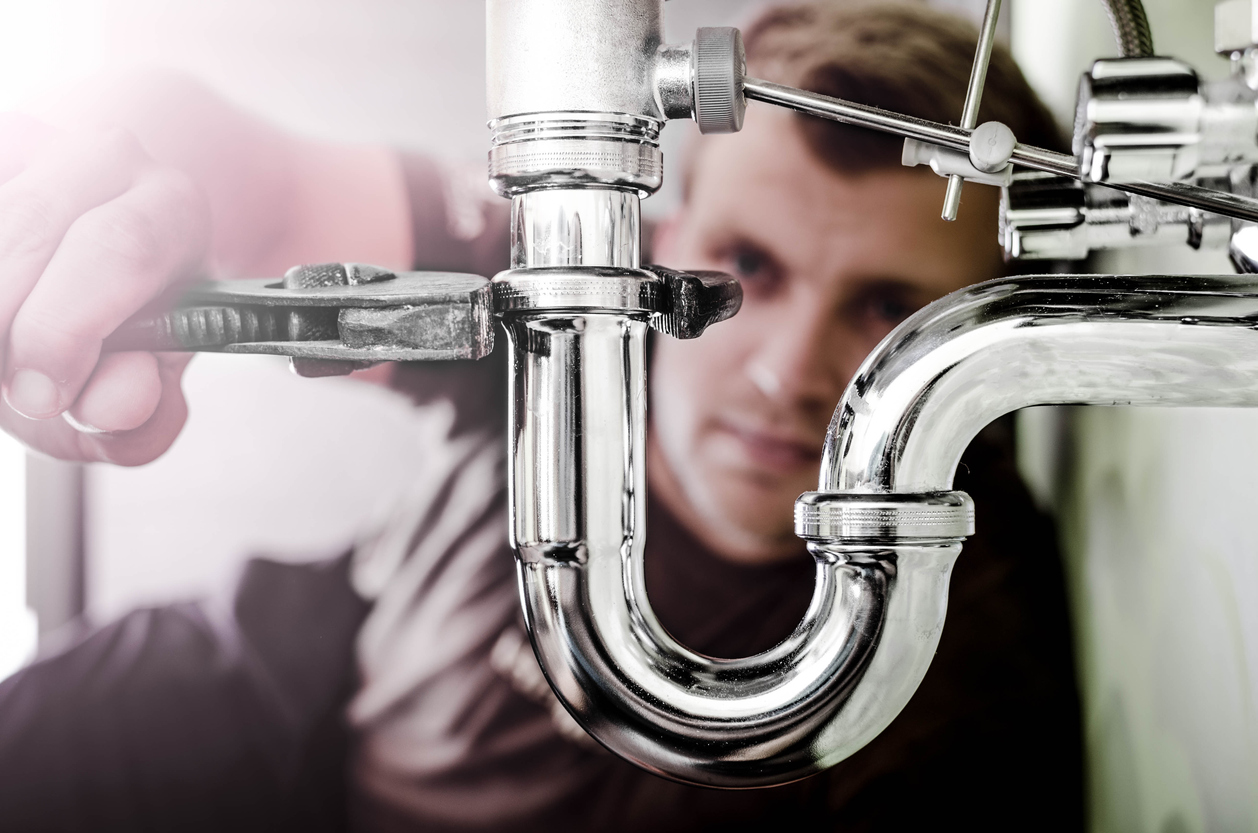
The Importance of Protecting Your Pipes
The key to keeping water leaks from emptying your wallet is to protect your pipes. There are signs that can tell you how to identify leaking pipes early before they drive your water bill sky-high.
These signs include looking for the following:
- Wet spots on your flooring
- Damp areas or water spots on your ceiling
- Mildew on your walls, flooring or carpets
- Sagging floorboards
- Damp earth around your home
A change in your water pressure is also a sign that you have an undetected water leak. You may first receive an incredibly high water bill before you realize water is leaking somewhere on your property. It is also important to keep the areas beneath your sinks clear to make spotting water drips or leaks easier. Also, bear in mind that leaks are not always visible on your home surfaces or at ground level. You may need to call in a leak detection specialist if you have a high water bill or low water pressure.
How to Protect Your Pipes to Prevent Leaks
To prevent leaks like those listed above, you need to adequately protect your pipes. The best way to prevent leaks is to take the seven steps listed below:
- Wrapping pipes with fibreglass insulation to keep them warm during winter months
- Using foam insulation around pipes if you notice condensation
- Turning off outdoor hose connections and draining them before freezing temperatures or you go on vacation
- Removing hoses from outdoor faucets during the winter to prevent freezing that can cause pipes to burst
- Closing interior valves that control outdoor faucets and draining excess water from them for the winter
- Properly maintaining your sump pump
- Educating your family about what can and cannot be flushed down the toilet
- Properly maintaining your water heater and replacing it at eight to 12 years of age
Water Heater Maintenance
Besides replacing your water heater every 8 to 12 years, as listed above, you also need to take good routine care of it. This care should include:
- Draining it once annually to remove sediment
- Keeping the temperature at 120 degrees to keep your energy bills lower
- Insulating the pipes leading to the heater with fibreglass insulation
- Testing the pressure relief valve
- Choosing a tankless heater as your next replacement
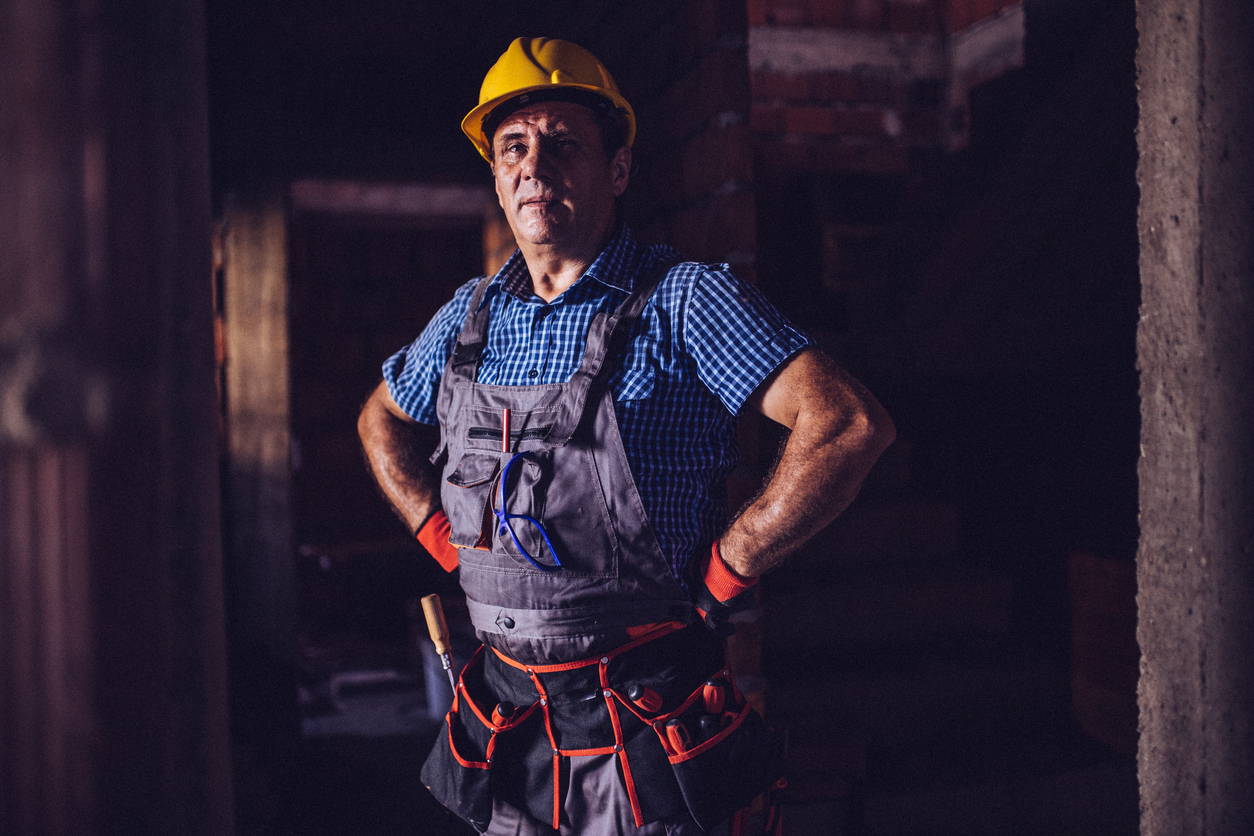
Know When to Call Local Plumbing Companies
One of the worst things you can do is to put off calling a plumber when you need one. These licensed professionals can more quickly and effectively resolve your plumbing problems, possibly even saving you from major problems like household flooding or leak damage. To find an experienced and qualified pro, take the following steps:
- Obtain multiple quotes from reputable plumbing companies
- Accept plumber recommendations from friends or family
- Check to ensure the plumber is licensed and carries appropriate insurance
- Ask if they charge extra for their travel time
- Inquire about “hidden” costs or special fees, such as for cutting into walls
- Ask whether they offer a guarantee for their work and associated parts

I am Scott Miller and my love is writing about home improvement. I write mostly about home ideas, but also share some tips and tricks that can make your life easier when it comes to getting things done in the house.

